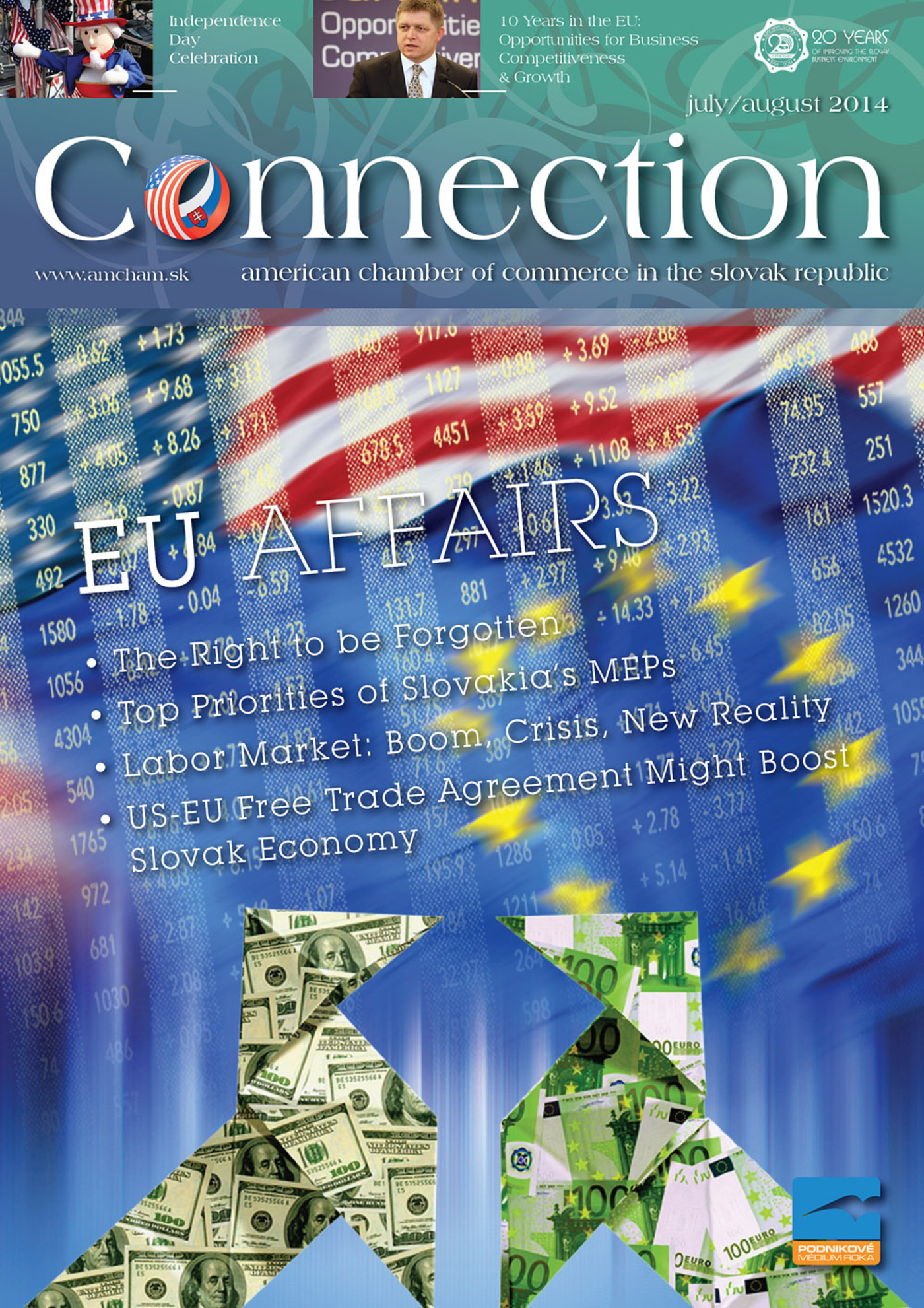How do recruiters evaluate the development of the labor market today?
Katarína Bobotová, Country Manager Grafton Recruitment Slovakia:
The last ten years have been marked by a rapidly changing economic environment, which has also fundamentally influenced the labor market. We can identify three phases of the last decade which reacted significantly to the development of the economic crisis. From the time Slovakia joined the EU up until mid-2008, demand for a free and available workforce was greater than the supply, salaries were rising significantly, and companies were fighting for the best workers. In the second half of 2008 came a turnover, and nearly from one day to the next there was a large number of professionals, managers and specialists (whose salary expectations were set too high) available on the market. Companies were significantly influenced by the global crisis; some of them closed and some reduced the number of their employees, or at the very least were not able to hire. The market was described as a so-called “employers’ market” for several years, and not as a “candidates’ market”, as it had been before the crisis period. Recently the situation has become more stabilized. The requirements and expectations of participants in the labor market have become more realistic, and some legislative regulations have contributed to the fact that the practices of the labor market have come closer to the functioning of our more advanced western neighbors. Salary growth and fluctuation have settled at a “healthier” level.
Martin Ježek, Business Development Manager, Grafton Recruitment Czech Republic:
From the Czech perspective, employers are more demanding towards new hires, they generally expect rapid integration and results delivery from an employee without the need for additional training, which is costly and time-consuming. On the other hand, jobseekers are more careful in choosing the right employer, and before joining the company they try to find out as much information as possible. Currently there is a growing demand for personnel leasing, which is related to the growth of economic activity in the Czech Republic. Companies use the possibility to react flexibly to the need for new employees, without increasing the number of their internal employees.
Iwo Paliszewski, Marketing Manager, Grafton Recruitment Poland:
For sure, EU politics and regulations introduced new quality standards for the recruitment business, both for clients and candidates. One of the most visible changes are the data protection regulations, which aim to protect candidates. For the labor market, as a result of foreign capital flowing to Poland and EU funds being distributed, new jobs and professions were created. Events such as Euro 2012, which was held in Warsaw, brought an additional boost to our economy and created more jobs.
European legislation has accepted several regulations through directives, which endeavor to equalize the status of men and women. What is your experience of this in practice?
Iwo Paliszewski:
The Polish labor market still struggles with an imbalance – it is most visible with leadership positions, especially those at the highest level, where men still dominate. This situation is characteristic not only for the Polish market, but also for other EU countries. It is worth considering the introduction of quotas, which could help to increase the proportion of women in management and supervisory boards. However, it should only be a temporary solution, because employment in a given position should always be decided first of all on matters of ability, not gender.
Katarína Bobotová:
Based on experience with our clients we have been met with only a minimal number of cases with signs of discrimination in the selection of employees based on their gender. On the contrary, we more often meet employers who evaluate the ratio of men and women within their company, and they endeavor to reach balanced gender representation in the long-term. It is the same in companies which require technically oriented candidates.
Joining the Eurozone and the EU has allowed greater movement of workers. How have employees, employers and your personal agency adapted to this possibility?
Martin Ježek:
After joining the EU, opening the labor market meant that the Czech Republic became a destination for many employees of other countries within the EU, especially in the sector of Business Support Centers. The ratio of Czech citizens abroad, in comparison with other countries of CEE, is relatively low.
Katarína Bobotová:
After entry into the EU and the opening of the labor markets of the western countries, there was a fear of a skilled labor outflow in the labor market. But in reality there was no massive movement of the workforce. Due to a more open European labor market, and the easier possibility to travel to find work, the increased competition for local employers lead to a modest increase of wage for specialists in certain sectors, particularly in IT, R&D, financial and consulting services.
Iwo Paliszewski:
The opening of the EU labor market was a special moment, especially for students, graduates and young professionals. On the one hand, our market weakened because thousands of skilled and educated employees left Poland looking for a better future. Employers found it harder to find the right people for the job, so they have turned to recruitment agencies for help. A few years later the economic crisis started, which resulted in a second wave of people leaving the country at the same time that some people started to come back to Poland with improved language skills.



Follow us